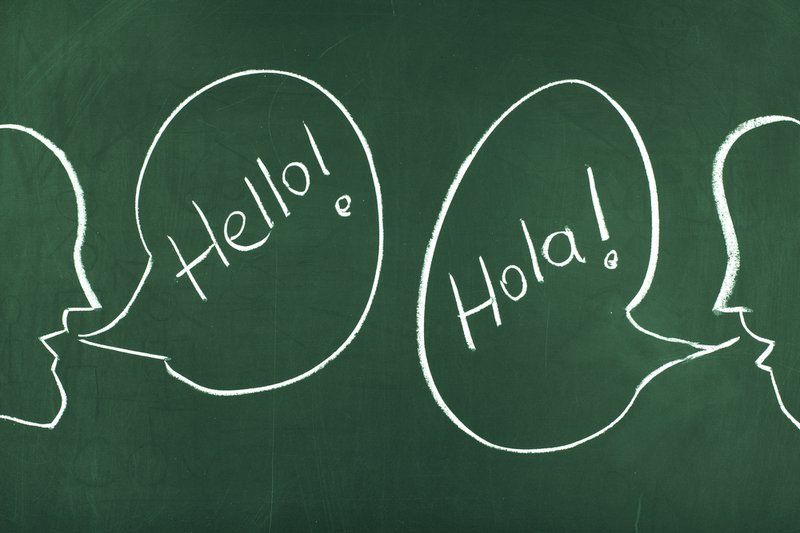
At an international school, there is no doubt that people come from different cultures, countries and backgrounds, which typically means their values and morals may differ from one another. In addition to speaking their native language, students are required to speak English, as this is the language of international schools. Therefore, they are automatically considered a bilingual individual. From personal experience, especially because I am a third culture kid, every person that I interact with speaks more than one language. They either know it fluently or are learning it at an advanced level. As our world modernizes and technology plays an increasingly major role in daily life, I have begun to notice that being bilingual isn’t as necessary. Is that really the case?
In the past, being bilingual was crucial. It was a skill that was necessary for people to communicate with people from other nations and deal with daily issues such as attempting to get a taxi and communicating with colleagues. In times when there were no phones, people relied more on body language and hand gestures in order to get their message across. Although this wasn’t extremely challenging, it was definitely not convenient; one action can mean another when translated between cultures. I have had the experience of being a child without a phone and living in foreign countries where I didn’t speak the language. Relying on body language and hand gestures, I would end up getting very frustrated when my point was not understood. Situations like these motivated me to learn the language, which would establish communication between myself and the individual I was trying to speak to. Senior Michael L. believes that being bilingual is important in regards to allowing people to connect with different cultures. He mentioned that being bilingual gives people “more experience with other people”. Michael brings up a good point, implying that being bilingual isn’t only about speaking a language; it also means understanding cultures as a whole.
Nowadays, being bilingual isn’t as crucial as it used to be, due to the fact that modern day technology has improved immensely. In unfamiliar situations, people pull out their phones and use a translator in order to clarify what they want to say. Although gestures are important, people can make do without them. It is also to be noted that in most cases, even if a person isn’t bilingual, they tend to understand English to some extent. In general, being bilingual is important depending on where you are. From my personal experiences, I have concluded that being able to speak both Russian and English won’t benefit me while I’m living in China. If I come across a Russian speaker in China, I automatically have the ability to speak with them; however, speaking two languages won’t help me in China as I don’t speak the native language. Speaking to Dylan C., he mentioned “I believe being bilingual isn’t as crucial nowadays. I speak three languages and I tend to often use one”. This is the case with me as well. Although I speak Russian, I barely use it due to the fact that I go to an English speaking international school.
Although being bilingual isn’t as important nowadays, it is important to note that it still has an impact on certain aspects of life. Not only does it give you the ability to communicate with others, but it also increases your chances of getting into college. If you are currently only speaking one language, keep it in mind that learning a language is very beneficial. AISG students already have the educational foundation that they need and the required language courses complete this.
Remember, students, language courses are important and beneficial.